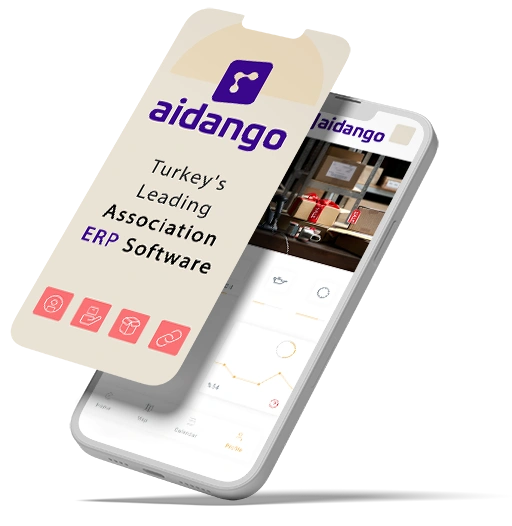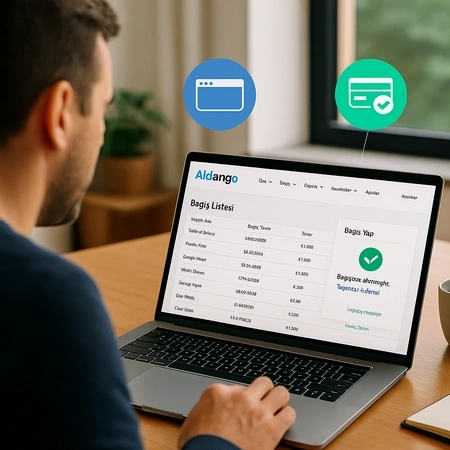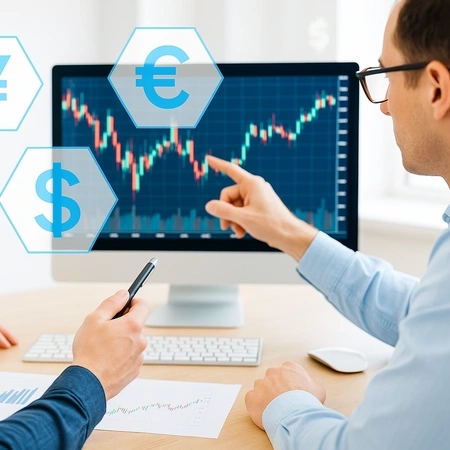Turkey's Leading Association & Foundation ERP Software
Aidango Customer Reviews
Crescent Humanitarian Aid Association
Aidango, which we have been using since 2019, has significantly facilitated the operational processes of our association.
Mercy Organization Association
The fact that Aidango customer representative quickly finds a solution to any problem we have is a sufficient reason for us to choose it.
Customer Success Stories with Aidango



 Donations
Donations  Sacrifice
Sacrifice  Scholarships
Scholarships  Crowdfunding
Crowdfunding  Sustainable Aid
Sustainable Aid  Aid in Kind
Aid in Kind  Ramadan Tables
Ramadan Tables  Moneybox
Moneybox  Content Control
Content Control  Receiving Donations Online
Receiving Donations Online  Donor Account
Donor Account  Member Account and Dues
Member Account and Dues  Donors
Donors  Representations
Representations  Call Center
Call Center  Lists
Lists  Searches
Searches  Branches
Branches  Bulk SMS and Email
Bulk SMS and Email  Members
Members  Staff Permissions
Staff Permissions  Staff Inventory
Staff Inventory  Employees
Employees  Organization Chart
Organization Chart  Staff Announcements
Staff Announcements  Staff Performance
Staff Performance  Recruitment
Recruitment  Personnel Attendance Control
Personnel Attendance Control  Bank
Bank  Till
Till  Dues
Dues  Income
Income  Expenses
Expenses  POS
POS  Receivables
Receivables  Cash Flow
Cash Flow With the Aidango mobile application, you can use all the features of the application on your mobile phone and tablet without any feature restrictions.

Discover Integrated Employee Applications
You can seamlessly exchange data between different modules on the Aidango platform, thanks to applications that work in integration with each other.

Membership Fees and Cash Management
With the Aidango membership dues system, you can easily track your members' past and future dues and manage them according to their payment status, thus controlling your income flow more regularly and efficiently.

Web Store
Examine all association management applications in detail, compare their features, versions and user comments. Choose the application that suits your needs and easily integrate it into your system.

Multi Language
Provide multilingual support to your foreign employees with Aidango association management software and enable the content of your website to be displayed in different languages.

Cloud Based Infrastructure
Analyze your software needs to optimize your hardware requirements and avoid unnecessary costs. Ensure security by regularly backing up your data and minimize your hardware maintenance costs.

Notifications & Push Notifications
Streamline your communication processes by sending instant app notifications to your users via SMS, email or PUSH messages.

Control Panel
Easily manage your infrastructure, domains, servers, emails, security, integrations and backup operations on a single platform with Aidango.

Integration
Include various integration options in your association system to improve your business processes and increase efficiency, making your operations more harmonious.

Asset Management
Use your resources more efficiently and streamline your processes by facilitating the tracking and management of materials and assets belonging to your association or foundation.
ACTUAL POSTS
Instagram Lead Integration: With Aidango, leads are now automatically transferred to deal listings.
Aidango, aiming to accelerate the digital transformation of NGOs, has implemented a significant innovation with Instagram lead integration. Now, po...
The Power of Integration: How Aidango Works with Online Payments and Websites
Aidango Association Software ensures this integrity with its infrastructure that is fully compatible with websites, online payment systems, account...
Multi-Currency Solution for Associations: Easily Manage Your Donations with Aidango
In the digital age, it has become commonplace for associations to operate not only locally but also internationally. Donations from international s...



